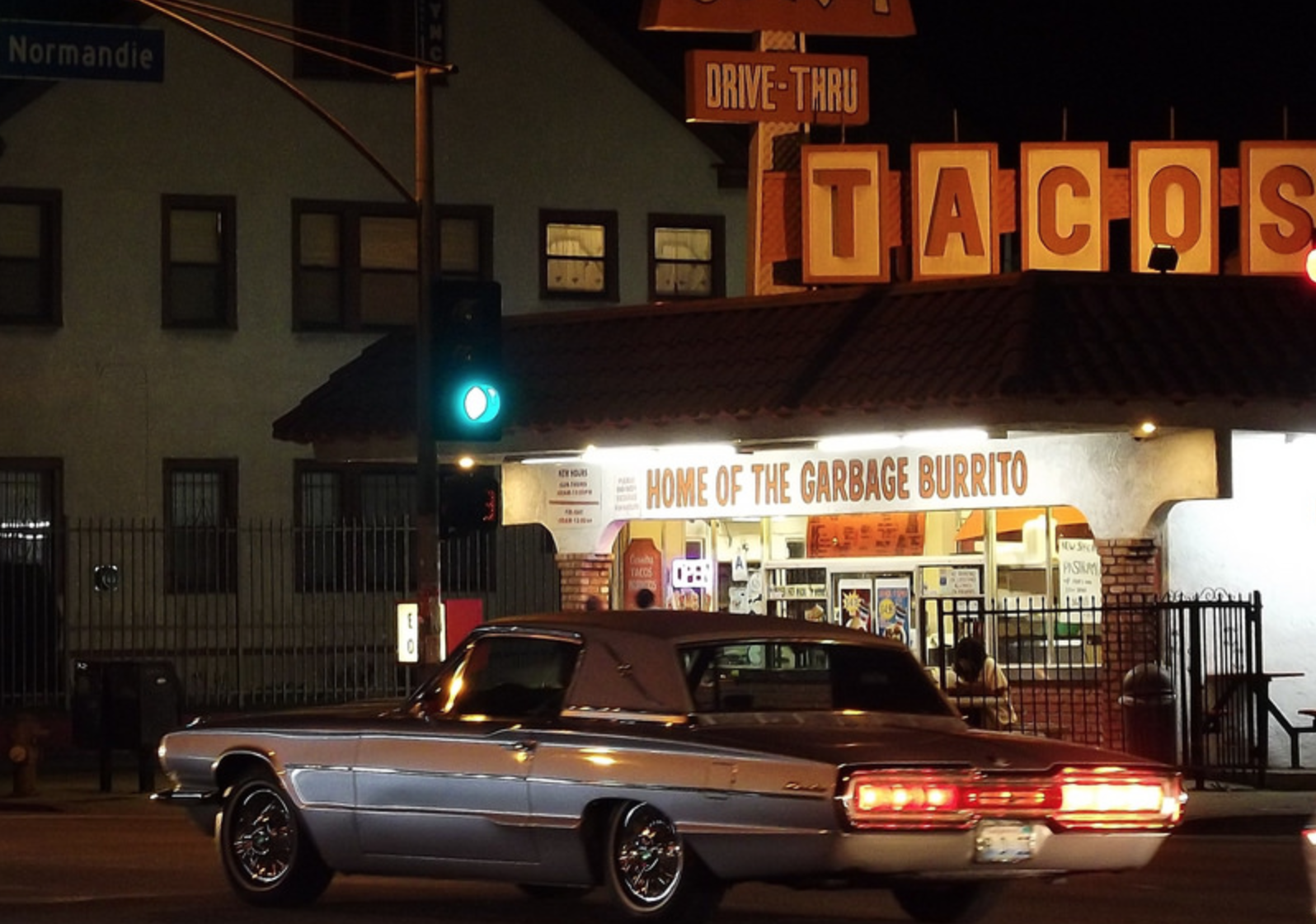Title Page
Parking Has Eaten American Cities. CityLab.
Introduction
With the Star in Frisco, Dallas Cowboys Build a Football Oz. Dallas Morning News.
The spirit of the place is conveyed by its nomenclature. Virtually all public spaces have a corporate sponsor attached: Ford Field, Tostitos Championship Plaza, the Dr Pepper Ring of Honor. Street names include the Avenue of Champions, Winning Drive and Hall of Fame Lane. Which is to say, the Star in Frisco is preoccupied with its own success, and it's also preoccupied with driving.
Executive Summary
Amid pushes to introduce work requirements to various social safety net programs, including food assistance, Medicaid and housing assistance, the Urban Institute looked at why such conversations are often out of step with how work itself has changed, particularly for low-wage earners for whom working is not necessarily a pathway out of poverty.
To start, wages themselves have remained flat for decades and fewer workers have access to employer benefits like health care or retirement plans, partly because more workers are employed as contractors, with fewer of the traditional protections and benefits of being a company employee.
Furthermore, low-wage occupations are growing. "While low-wage workers earn less, have less predictable schedules, and have less access to benefits than high-wage workers," fellows Pamela J. Loprest and Demetra Smith Nightingale write, "occupations that rely on low-wage workers are predicted to grow significantly over the next decade. Among the top 15 occupations expected to add the most jobs, 10 pay annual wages of less than $37,690, the 2017 median annual wage. The fastest-growing occupation—personal care aide—has a median annual wage of $23,100."
To address this, the authors write, social safety nets should be expanded, not further restricted. "Other reforms," they add, "such as portable benefits, a prorated unemployment insurance program for low-wage and part-time workers, and an expansion of the earned income tax credit to a greater number of workers without dependents, could improve the safety net for those who need it most."
Conclusion
Another food star has stopped shinning. This time it was Los Angeles food critic and Pulitzer Prize winner Jonathan Gold, who passed away July 21 due to pancreatic cancer. As the many remembrances of the beloved writer have mentioned, he was known for his reviews that took obvious and transferrable delight in food but for his ability to reveal a place. "But," wrote Dana Goodyear, "his greatest accomplishment, the thing that will form his legacy, is that he changed the way that people—Angelenos included—regard Los Angeles."
In the same week that the New York Times published a piece about the city so riddled with cliche and outsider ignorance that it issued a "we hear you" non-apology, Gold was remembered for his cliche-rejecting approach to the city and writing.
Read his Pulitzer Prize-winning pieces here.

